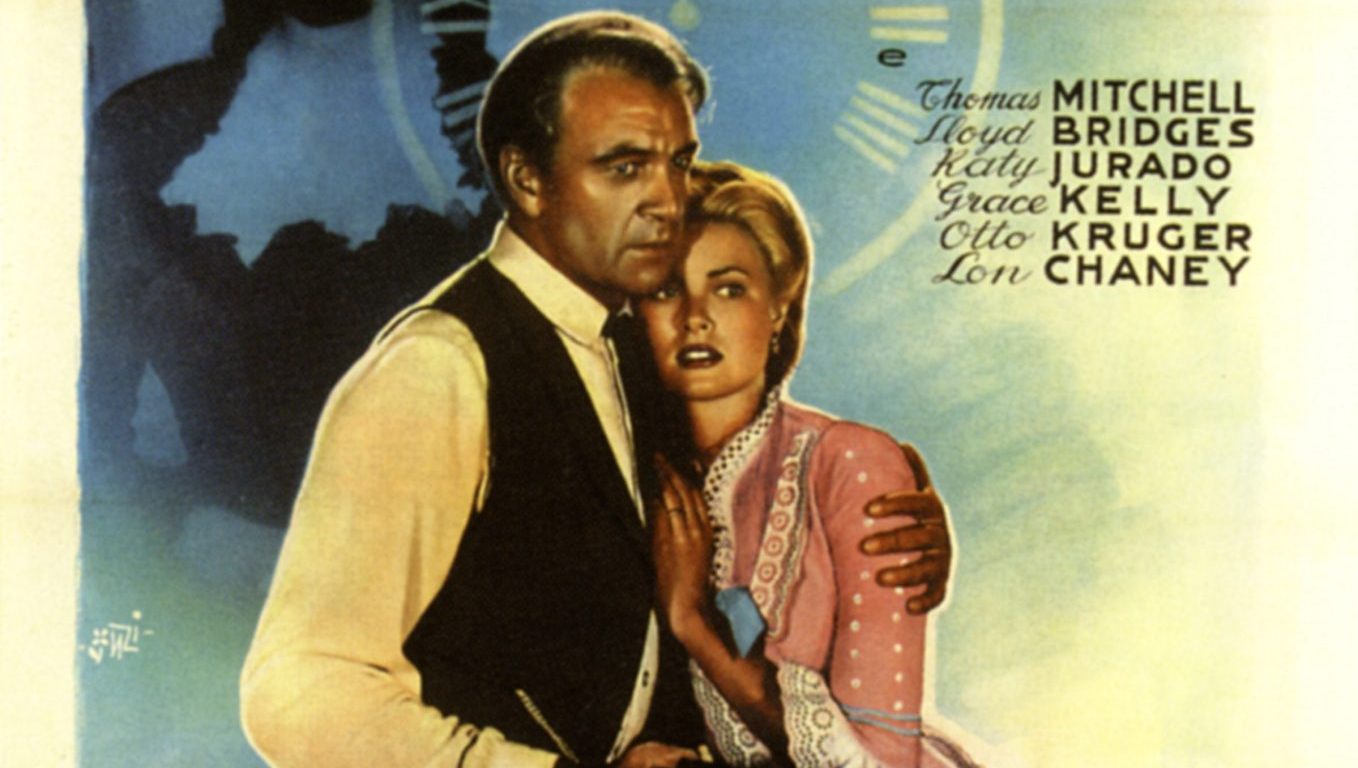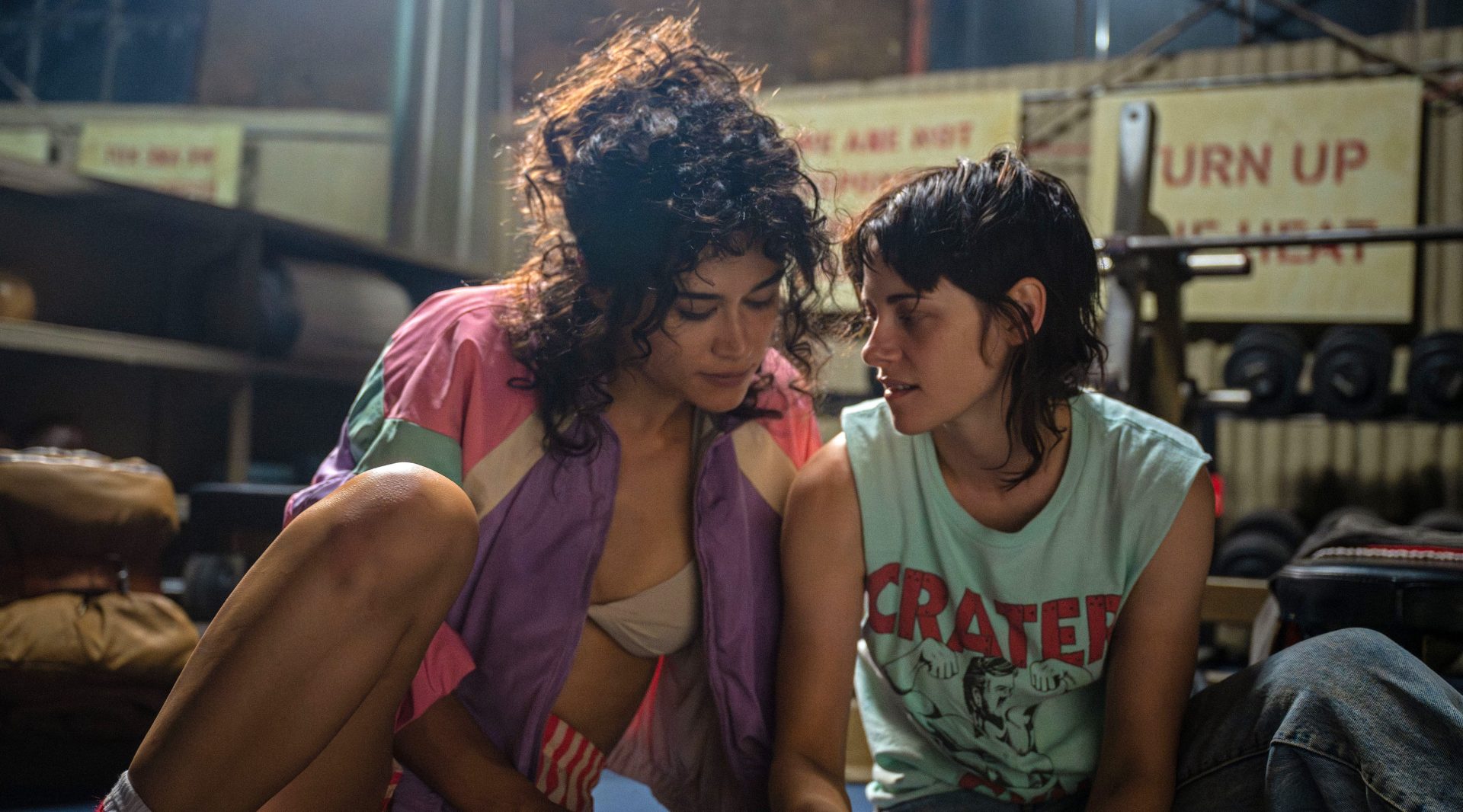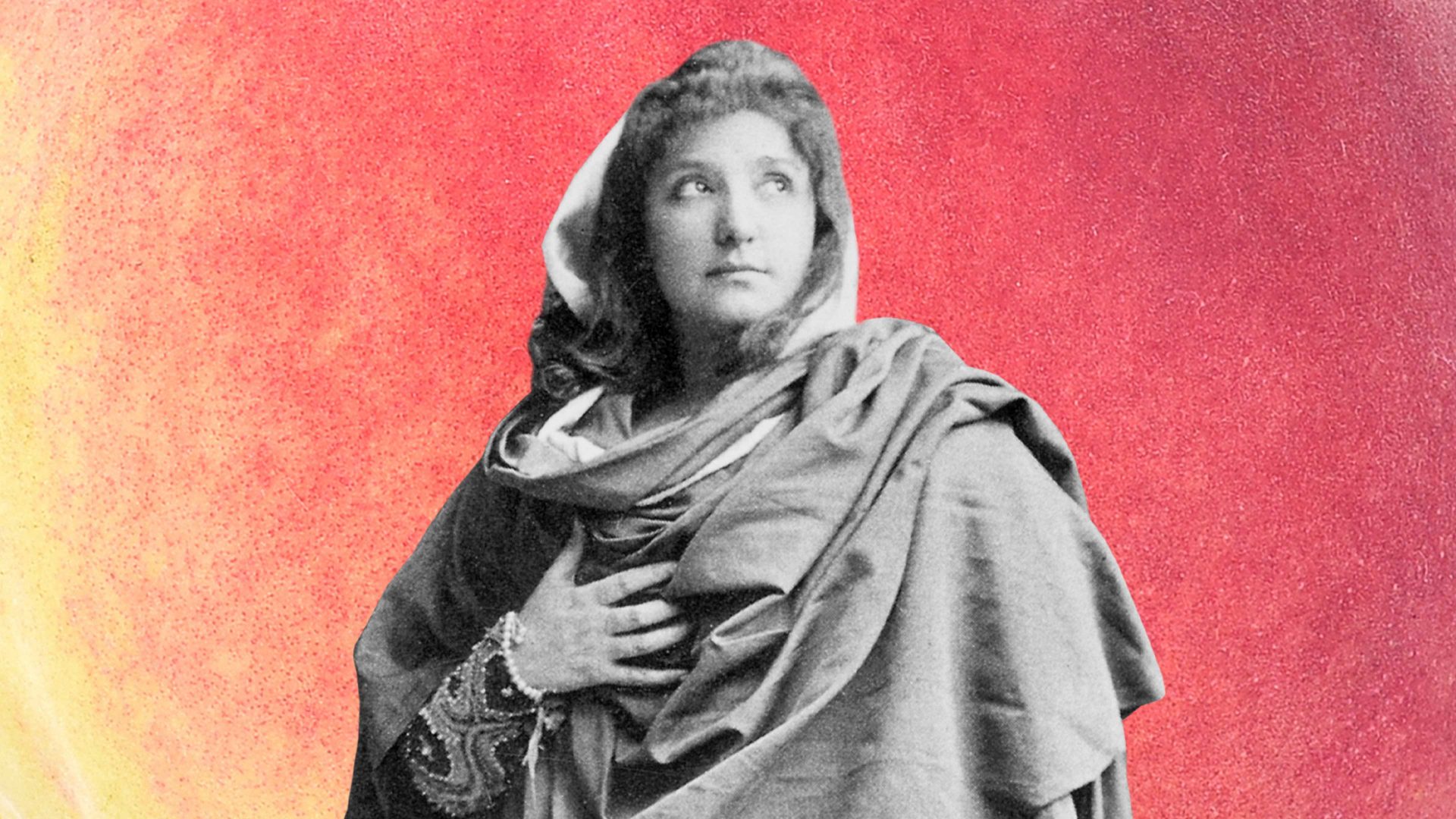The term “high noon” has entered the lexicon as shorthand for the final showdown, the last minute before change.
Very few film titles have done this – entered common usage to the extent that some of the people who use it will have no idea about the source, though they should.
This is just one of the impacts of the revolutionary western of the same name, directed by the great Fred Zinnemann.
On release in 1952, some considered it not quite a western – the hero cries, for example. And some asked of Zinnemann: “What does an Austrian Jew know about westerns?”
The film turned conventions upside down. There is a Hispanic woman played by the great Katy Jurado who is not some stereotype, but a human being who tells it like it is, without fear or favour and gets to ride out of town intact at the end.
High Noon is only Grace Kelly’s second film role and the word – later cut from the shooting script – that she uses to describe herself in it is “feminist”.
Legend has it that John Wayne was offered High Noon before Gary Cooper and turned it down. The fact is that Wayne was never offered High Noon. Everyone else was.
Gregory Peck said that turning the film down was the biggest mistake of his career. Wayne went on to make Rio Lobo as the antidote – he stated – to High Noon’s all too human main character: an ageing sheriff played by Cooper.
He won best actor for playing the sheriff with the young Quaker bride, an old man who has to confront people out to revenge-kill him. And no one wants to help him fight them off.
Full disclosure: I am not a big fan of westerns and no connoisseur of them at all.
But High Noon is the sort of vintage masterpiece that is a kind of portal for the new cinema to come. Like a Louis Malle, it is stark.
High Noon is full of tired, scared, cynical people. In that, it is like a Godard or a Cassavetes.
It was made on the proverbial backlot, shot with practically – in Hollywood terms – no money.
This film has the grit, the sweat of real humans encased in the broken reality of the West long before Sergio Leone.
These are just trapped people.
High Noon’s ageing sheriff, about to set off on a new life with his young bride, is told that a vicious killer who he had sent down has been released and is coming to town on the noon train.
Cooper gives his finest performance as a man begging for help from his friends, who writes his will… and then cries. He played without makeup. And everything is in the eyes.
Because “Coop” is playing to the camera, not to his fellow actor. He is doing what a film actor should do – being conscious, not subconscious, of the fact that the camera is bringing him to the solo person out there sitting in the dark.
Cooper was away filming during the Oscars ceremony and he asked his old friend and fellow political conservative Wayne to accept the statuette on his behalf if he won.
Anthony Quinn asked Cooper why he wanted Wayne, after his vicious attacks on the film and his ad hominem attacks against Cooper himself.
Cooper replied: “I just want to hear what the slob’s going to say”.
What history says is that High Noon is one of the pinnacles of cinema, a majestic western, released in the midst of the political turmoil that was McCarthyism, the red scare.
And also in the midst of the rise of television. Which standardised the genre. Made it smaller.
Until it became, in some instances, “revisionist”. Self-conscious. Predictable.
Vintage Quiz: Who do two vintage masterpieces – Now, Voyager and Casablanca – and honorary vintage Dirty Harry have in common? Answer next week.




